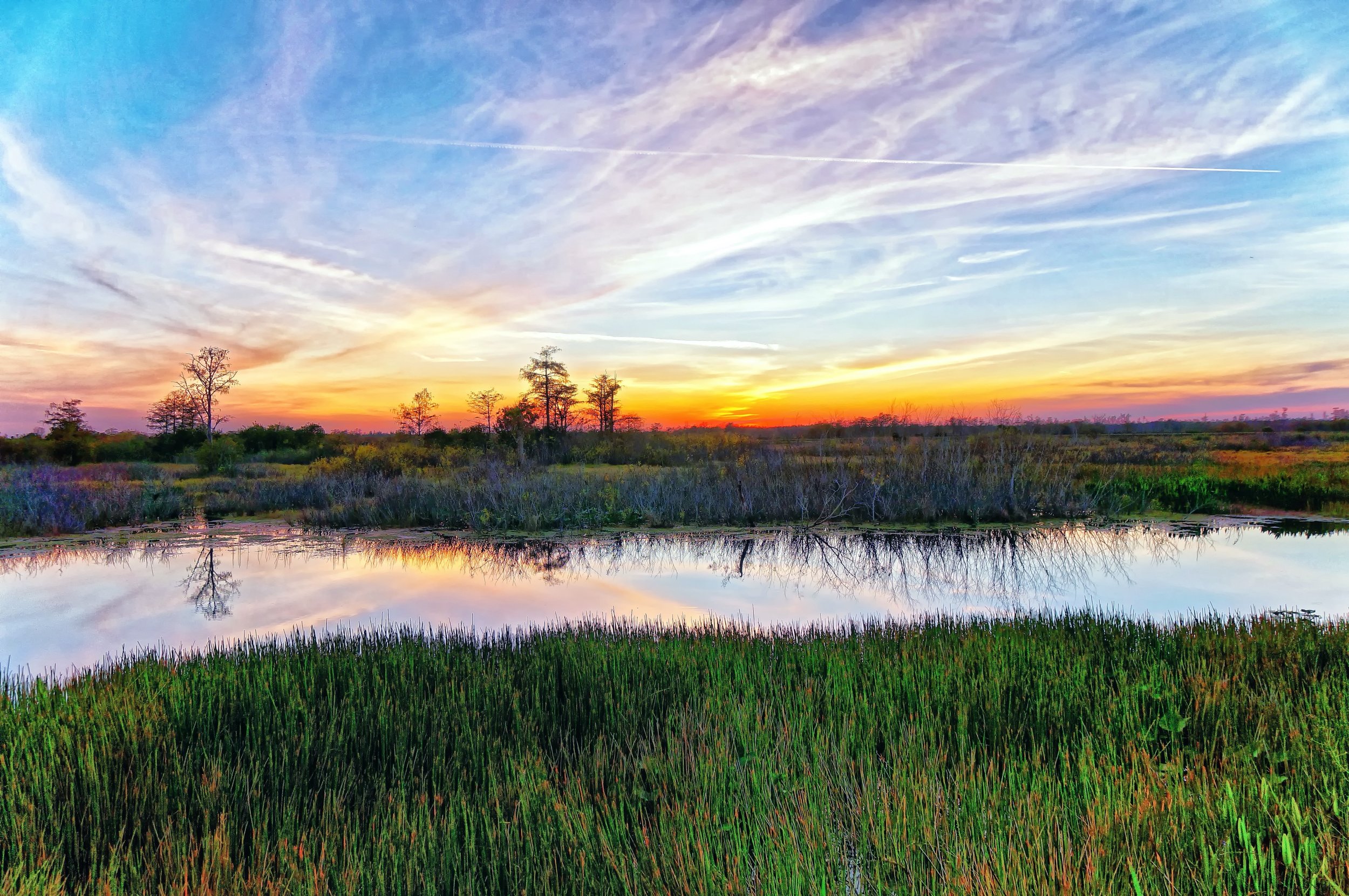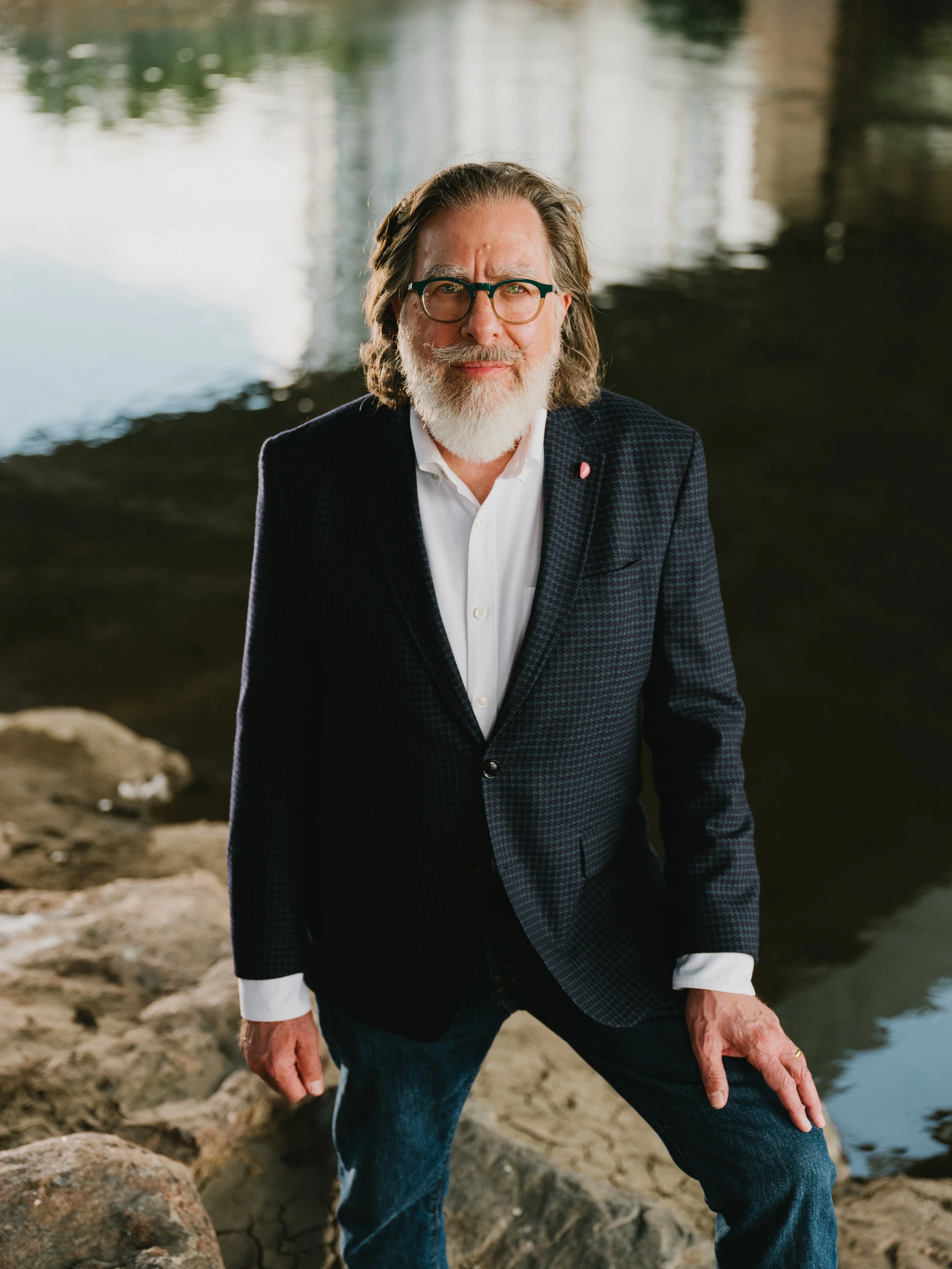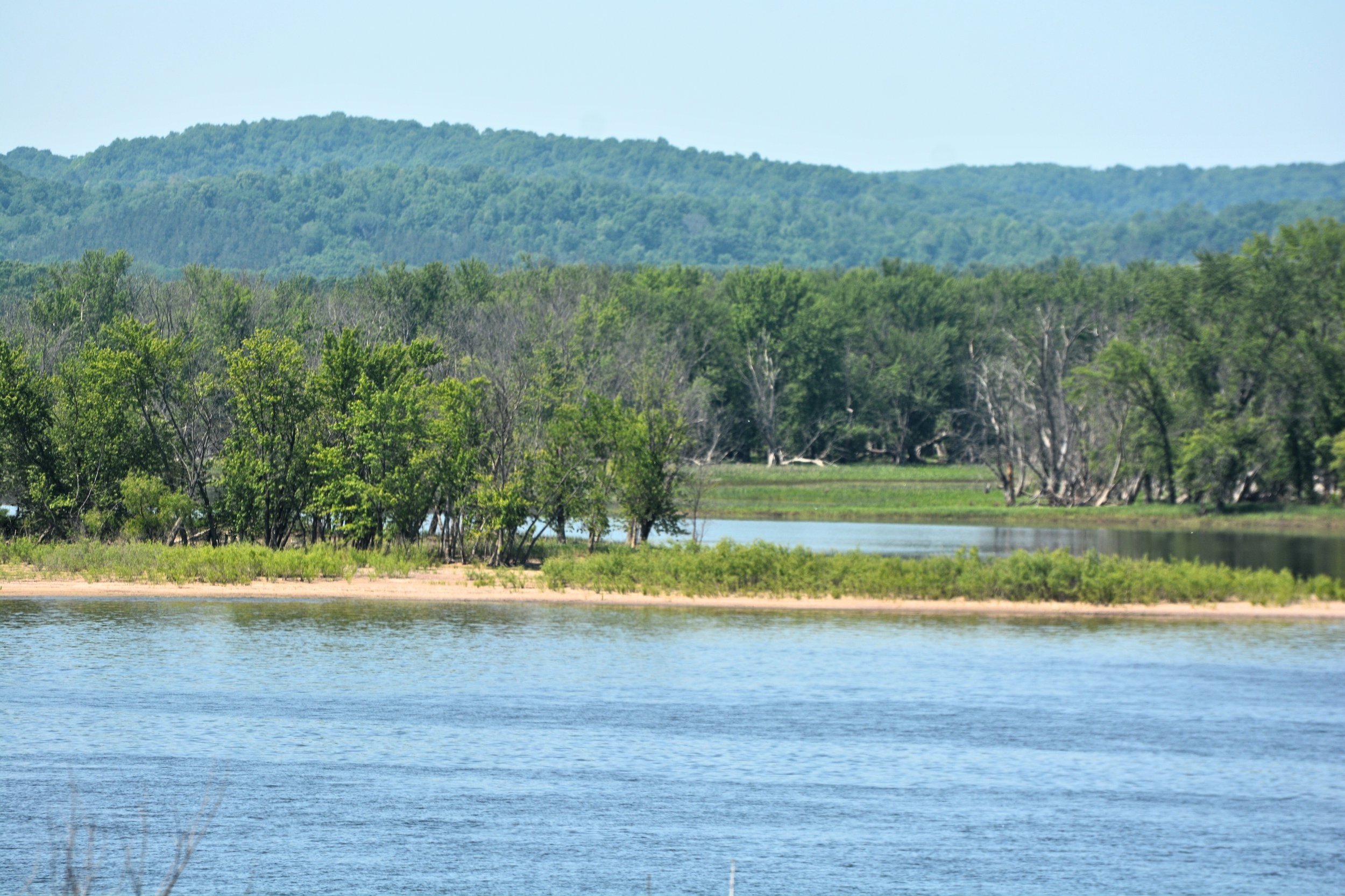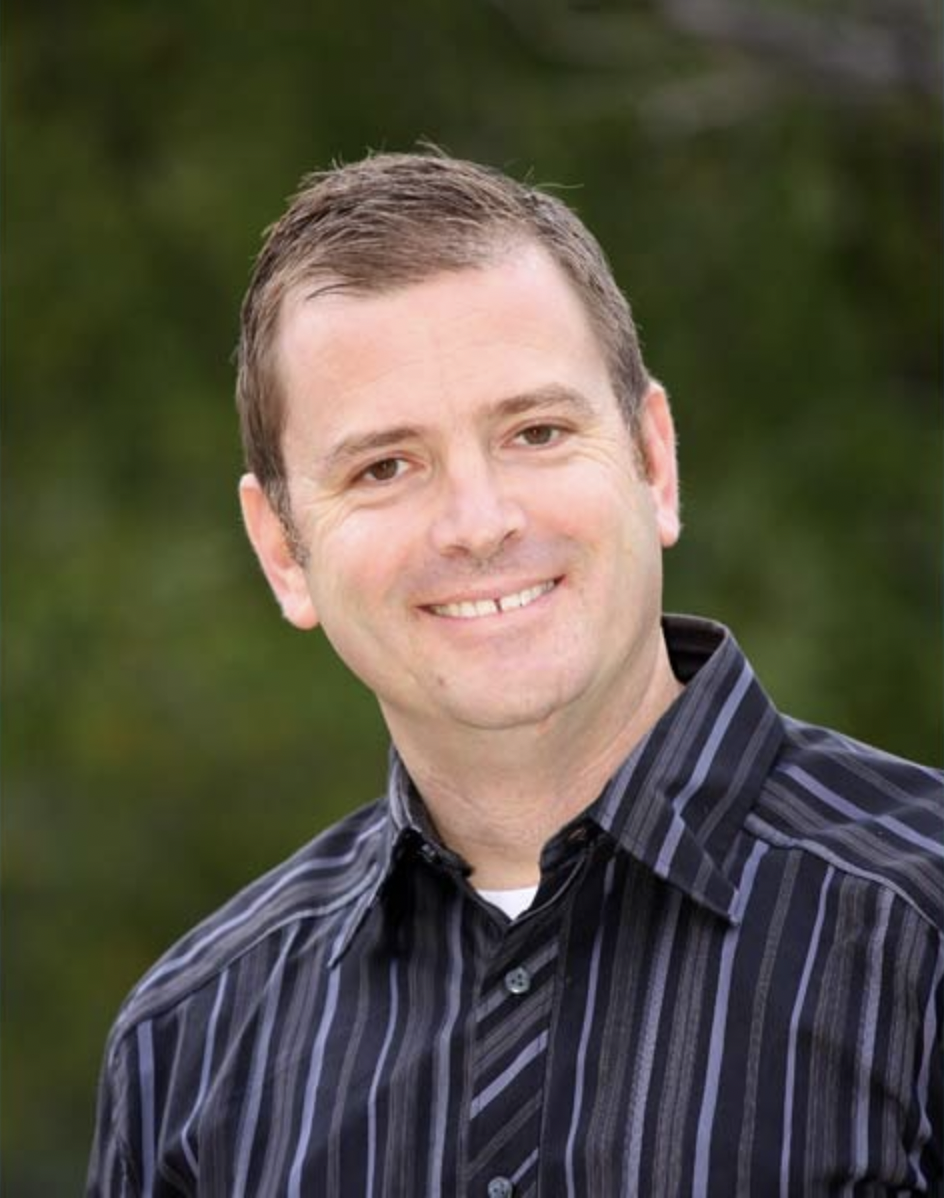
A podcast highlighting the connection between water and climate adaptation.
Listen on your favorite podcast app:
Latest Episodes
Audacious Water is hosted by John Sabo.
John directs the Bywater Institute at Tulane University and is also founder and CEO of Future H2O-B.












Dr. Dawn Wesson, Associate Professor at Tulane University’s School of Public Health and Tropical Medicine, joins John to explore how climate change is expanding the range of vector-borne diseases. With decades of experience studying mosquito-borne viruses like West Nile and Zika, Dawn explains how rising temperatures and human movement are accelerating the northward expansion of tropical diseases. She also discusses innovative control strategies, including biological methods and emerging technologies that could help reduce disease transmission in a warming world.